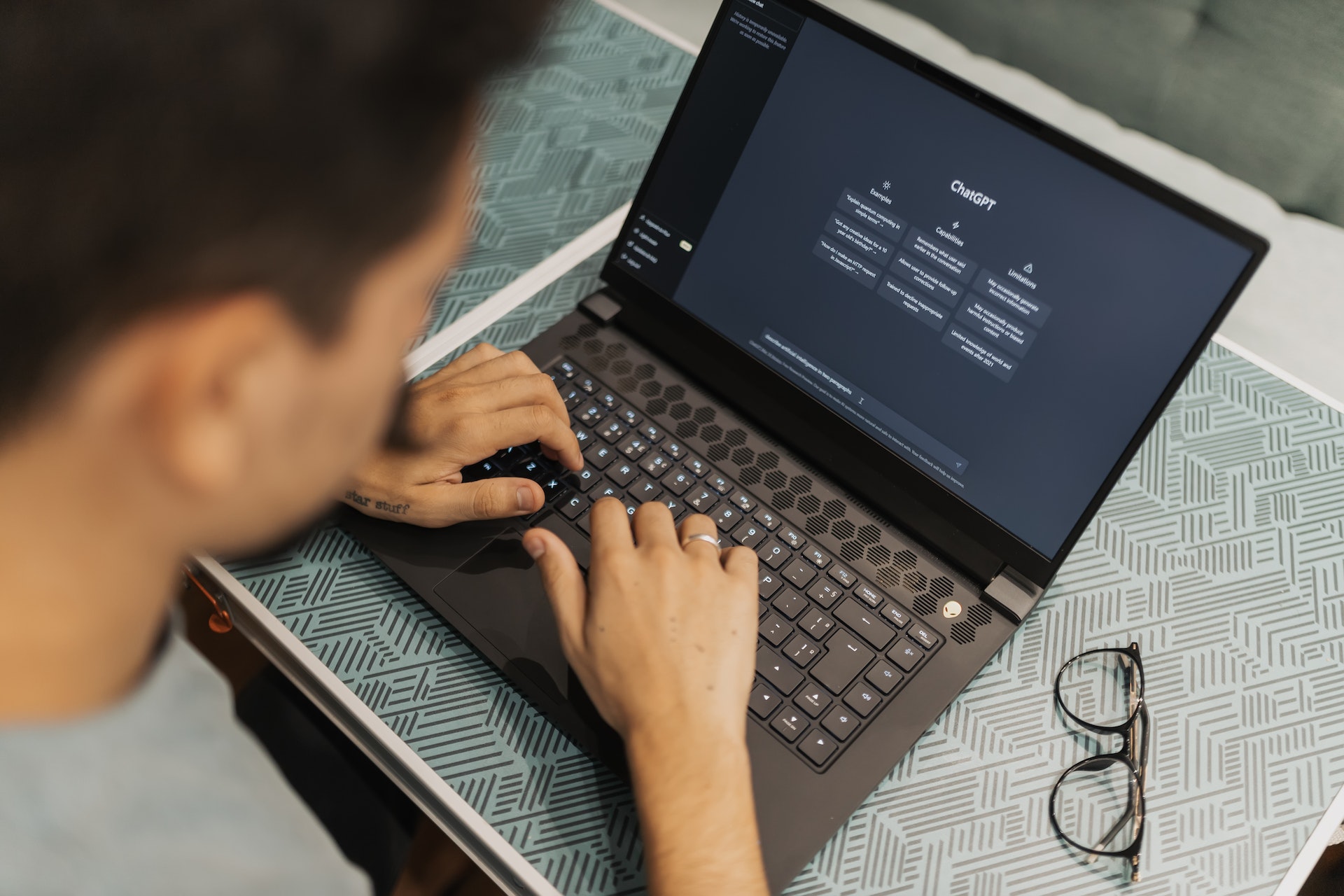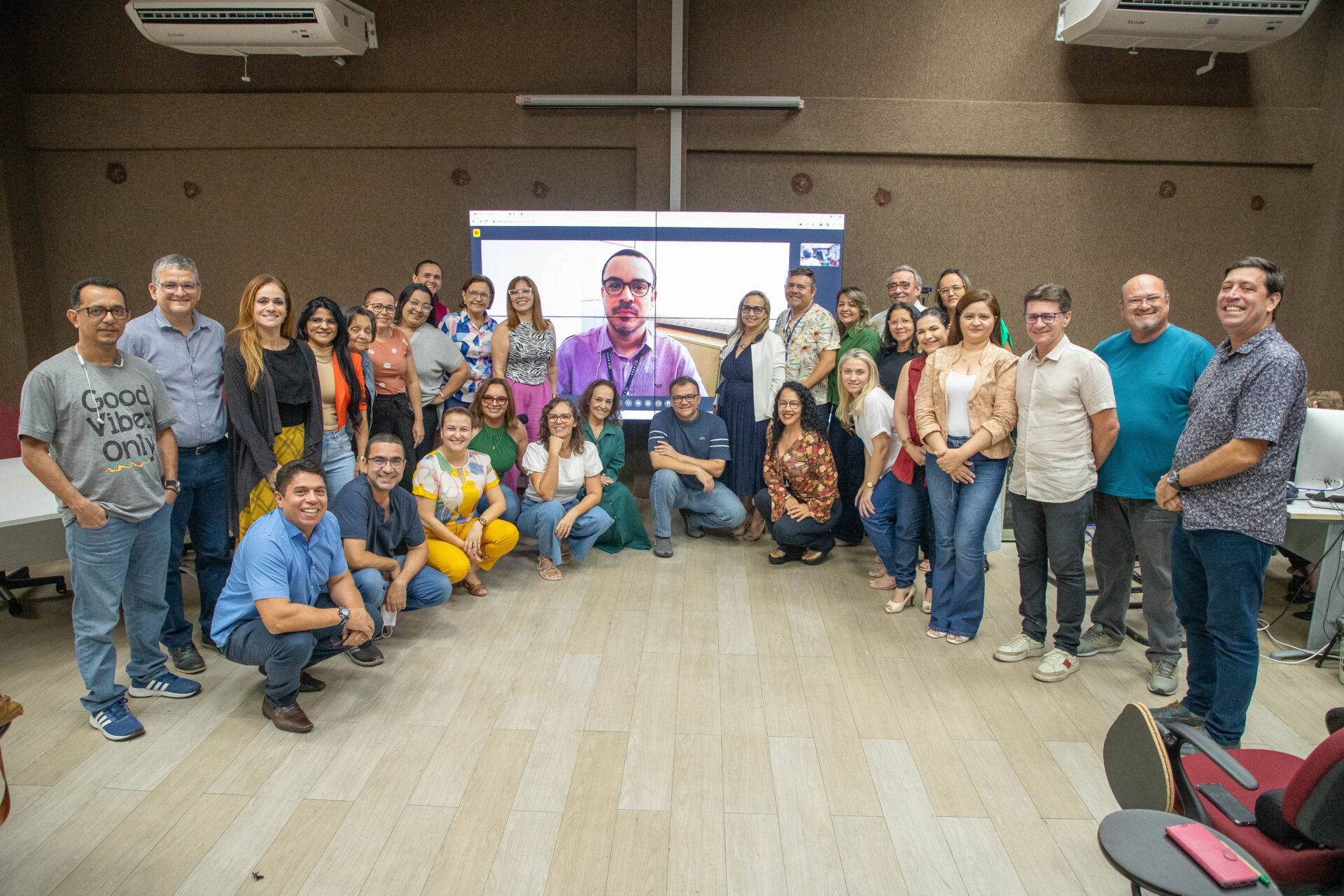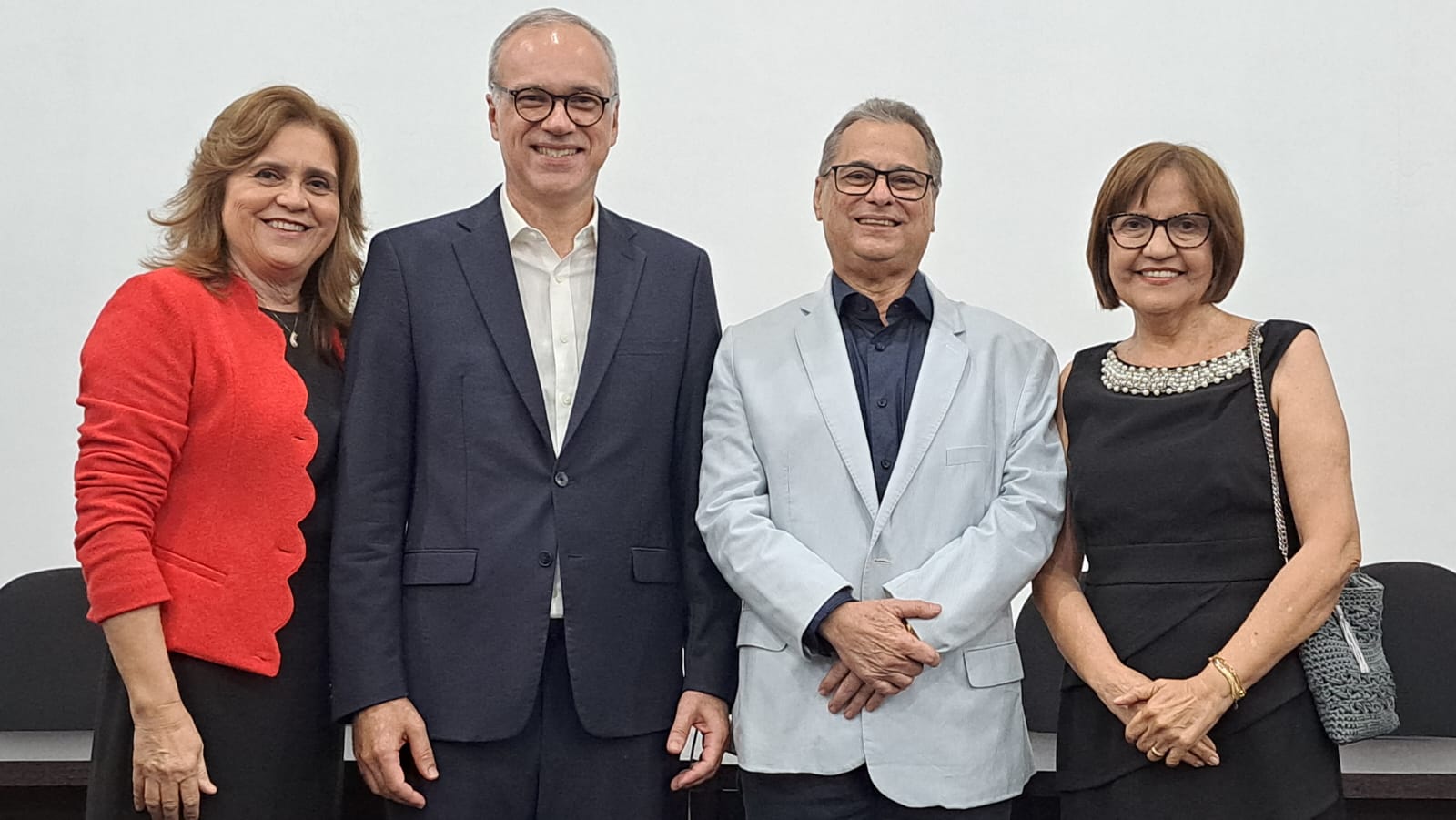History teaching in pandemic times of COVID-19 is discussed in a virtual event
What is the contribution of the study of history during the Covid-19 pandemic? Over the past three weeks, more than 100 people have been virtually connected to collectively build the answer to this and other questions. The event called “Teaching History in Times of Pandemic” was an action promoted by the Professional Master’s Course in Teaching History (ProfHistória / UFRN).
According to Francisco Santiago Júnior, Coordinator of the Post-Graduate Program in History Teaching at UFRN, the Master’s Course is aimed at teachers of elementary and high school. And, in this period of pandemic, with the removal of students and teachers from the classrooms, it was necessary to create technological strategies in order to prepare teachers for this new reality.
Teaching History and Covid-19
Francisco Santiago Júnior clarifies that the history teacher must imagine solutions on how to bring his activities back to a teaching modality that takes into account digital resources, but he must also be aware of the fact that the pandemic is a local / regional / national social experience / international shared with their students and family.
In this scenario, he highlights that the teacher is a witness to the pandemic and must imagine the ways to organize his testimony, that of his students and the legacy that this global historical fact will leave between us. Still according to Santiago Júnior, the teaching of history must also work with ways of archiving materials from the present, produced on this social experience, so that they become historical sources in the future.
Technological mediation in education
The event that discussed these themes was held in the Virtual Learning Environment of the Dean of Extension of the Federal University of Rio Grande do Norte (UFRN), AVAProex, and confirmed the importance of technological mediation in the teaching and learning process, in the face of a context of social distance guided by health agencies in Brazil and worldwide.
For Santiago Júnior, technological mediation allows maintaining contact in a situation of isolation, but also building learning solutions to work in the mode of remote and distance education. And he adds: “Information Technologies are therefore essential to reestablish teaching, taking into account the possibilities for students to access digital tools and the Internet”.
The Coordinator of the Graduate Program in History Teaching at UFRN concludes that it is necessary to observe the diverse social realities of these students. With the support of universities, education departments, schools, teachers and families, the school space is reconfigured and integrated with digital communication tools and, during the COVID-19 pandemic, this is essential: the family and the home as environments for learning with the global integration promoted by the internet.
Source: Bruno Cássio – SEDIS / UFRN Media Sector.
Últimas notícias
1
Use of ChatGPT and plagiarism in the academic environment will be discussed at a virtual event promoted by SEDIS/UFRN

1
UFRN, IFRN, UFERSA and UERN discuss proposals to advance the internalization of higher education in the state

1
UFRN’s Rector reinforces the strategic role of Distance Education for Rio Grande do Norte
